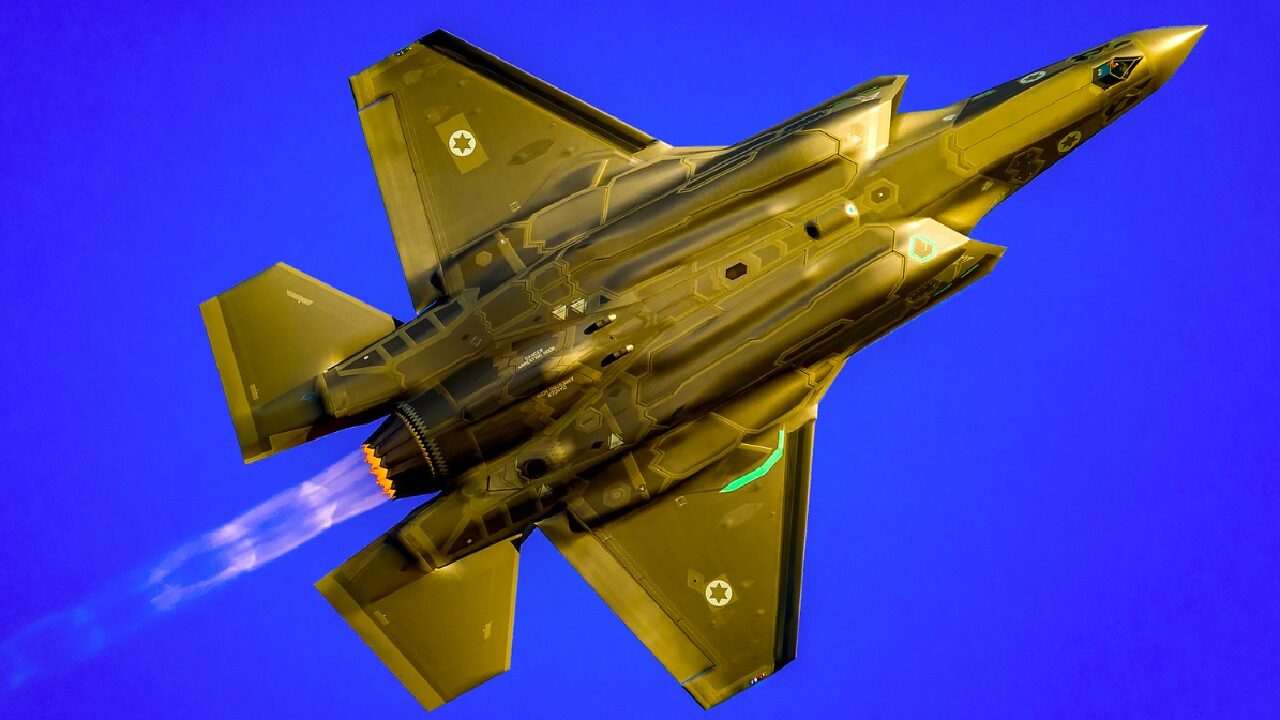Iran has amassed enough raw material to develop five nuclear bombs, according to a statement provided by Israel’s defense minister this week.
Defense Minister Yoav Gallant warned the Islamic Republic it should halt its efforts to enrich uranium to weapons-grade levels.
“Make no mistake — Iran will not be satisfied by a single nuclear bomb. So far, Iran has gained material enriched to 20% and 60% for five nuclear bombs,” Gallant warned, adding that “Iranian progress, and enrichment to 90%, would be a grave mistake on Iran’s part, and could ignite the region.”
European countries are also gravely concerned with Tehran’s nuclear progress and have recently pressed the White House to work with the Iranian regime on a revived agreement that could stymie Tehran’s nuclear program.
Europe Worries Biden Will Delay
According to the United Nations, Tehran is currently producing uranium enriched up to 60% and has stockpiled a small amount of near-weapons-grade material. While U.S. President Joe Biden earlier appeared to prioritize the reinstatement of a joint agreement with Tehran, the administration now appears to be pushing the nuclear issue aside, perhaps intending to deal with it after the next U.S. election cycle.
Britain, France, and Germany warned Tehran it will trigger a return of UN sanctions against the country if the regime continues to push its nuclear boundaries. In February, UN inspectors disclosed the discovery in an underground Iranian nuclear facility of uranium particles of over 83% purity. Coupled with the widely felt fear that Tehran is pursuing a nuclear program for maleficent reasons, this level of enrichment is very concerning.
What Experts Think on Iran
Since the Iranian regime is enriching uranium to levels just degrees short of weapons-grade fuel, many industry experts are sure that achieving a nuclear weapon is the country’s ultimate ambition.
Iran also has a history of constructing secretive underground tunnels and other facilities that connect to its main Natanz enrichment site, strongly suggesting their intentions have always been malign. Further, the country has notoriously withheld information from the global watchdog, the International Atomic Energy Agency.
Last year, the Iranian regime removed 27 surveillance cameras positioned at its nuclear sites, preventing the international agency from properly inspecting the site.
However, some experts are not convinced that Iran wants a nuclear weapon. In December, then-CIA Director William Burns said his agency “doesn’t see any evidence that Iran’s Supreme Leader [Ali Khamenei] has made a decision to move to weaponize.” As outlined in Newsweek, The Office of the Director of National Intelligence’s annual threat assessment, published in March, offered additional support to Burns’ analysis: “We continue to assess that Iran is not currently undertaking the key nuclear weapons-development activities that we judge would be necessary to produce a nuclear device.”
Regardless of Iran’s eventual ambitions, the regime is inching toward the nuclear threshold. Regime leaders have also begun bolstering ties with some of Iran’s neighbors in recent months, perhaps preparing for an onslaught of Western-imposed sanctions. Iranian president Ebrahim Raisi met with his Syrian counterpart earlier this month. It marked the first visit by an Iranian official since the Syrian civil war began over a decade ago.
MORE: The F-35 Now Comes in Beast Mode
MORE: Why the U.S. Navy Tried to Sink Their Own Aircraft Carrier
Maya Carlin, a Senior Editor for 19FortyFive, is an analyst with the Center for Security Policy and a former Anna Sobol Levy Fellow at IDC Herzliya in Israel. She has by-lines in many publications, including The National Interest, Jerusalem Post, and Times of Israel. You can follow her on Twitter: @MayaCarlin.

